Blockade in Pakistan's restive Parachinar hits six-month mark, 400,000 still isolated
Traders in capital Kurram strike over supply shortages; residents pay 700 rupees per kilo for tomatoes

Kamran Ali
Correspondent Nukta
Kamran Ali, a seasoned journalist from Khyber Pakhtunkhwa, Pakistan, has a decade of experience covering terrorism, human rights, politics, economy, climate change, culture, and sports. With an MS in Media Studies, he has worked across print, radio, TV, and digital media, producing investigative reports and co-hosting shows that highlight critical issues.
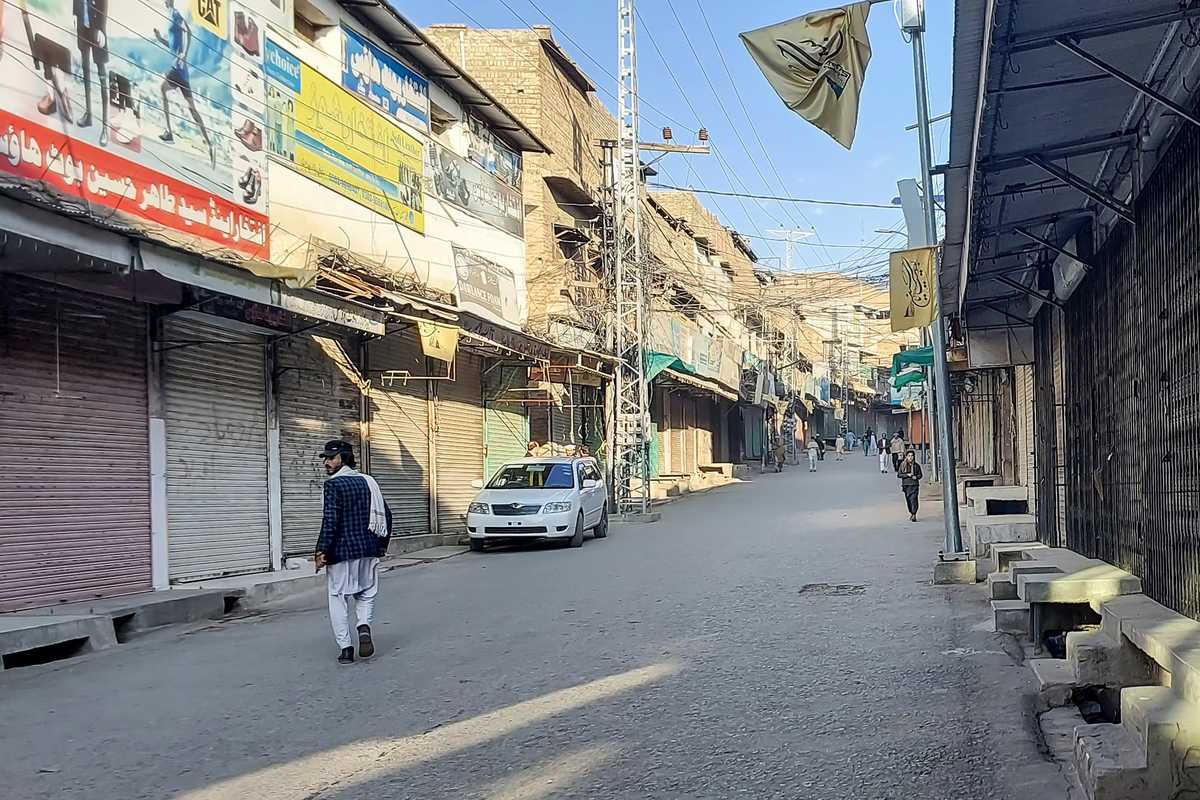
Peace deal stalled over weapons surrender dispute
Nearly 1,000 private bunkers demolished in peace effort
Hospital overwhelmed, cannot handle emergencies
For the past six months, over 400,000 people in Parachinar, northwest Pakistan, have been cut off from food, medicine, and other essentials due to a blockade.
The main regional city of the district Kurram, remains inaccessible despite government pledges to resolve the crisis. Residents in this remote area, long affected by sectarian tensions, continue to face mounting hardships as peace agreement provisions remain unimplemented.
According to the Chief Secretary's Office, authorities have completely demolished 979 private bunkers from both Shia and Sunni areas as stipulated in a January 1, 2025, peace agreement. "The next phase — the gradual collection of weapons from both factions — is now set to commence," an official confirmed to local media outlet Nukta.
However, local residents reject the disarmament requirement, insisting that road access should be restored first.
"We have just one demand — ensure a safe route for the besieged population," said Musarrat Hussain, leader of a 45-day-old sit-in protest in Parachinar. "If the government is unable to secure even a 20-kilometer stretch of road, how can it claim to protect all of Parachinar?"
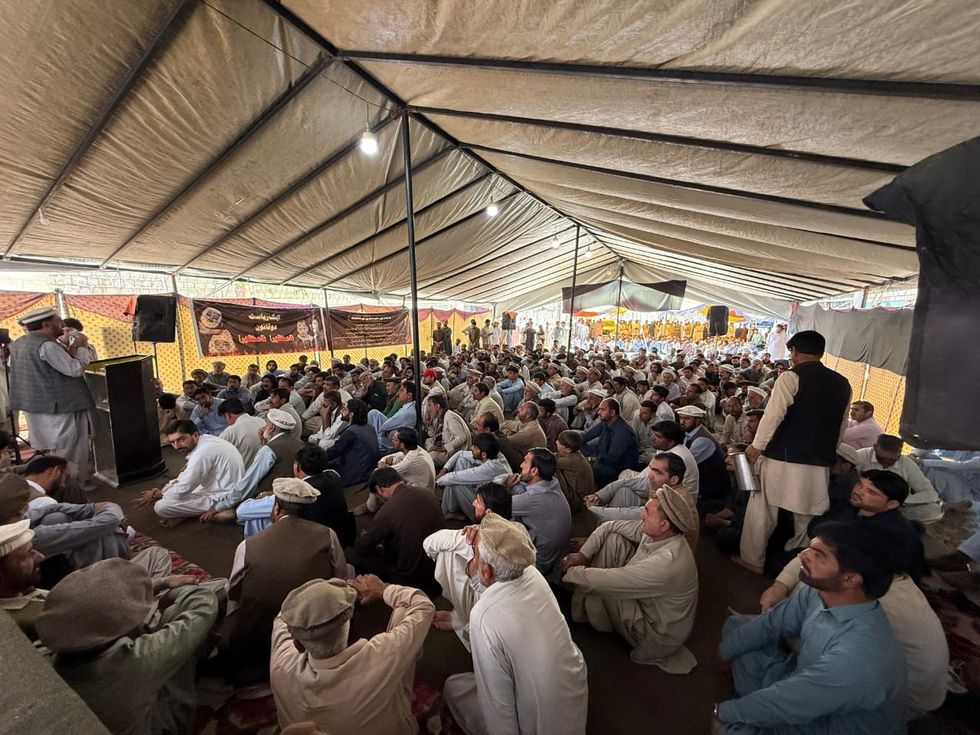
The ongoing dispute centers on sequencing: authorities want weapons surrendered before normalizing access, while residents demand safe passage and normalization first, citing self-defense concerns.
The crisis began on October 12, 2024, when the main road to Parachinar, the district's capital, was closed amid sectarian tensions between Shia and Sunni communities in this volatile region near the Afghanistan border. Multiple subsequent attempts to reopen the route have failed, with convoys of aid and supplies attacked by armed groups.
Traders' strike in main bazaar
Meanwhile, a traders' strike has further complicated daily life. The main bazaar remains shuttered in protest since no supply convoys have reached the area since March 28.
"Tomatoes are being sold at PKR 700 per kilo, petrol at PKR 1,000 per liter, and chicken at PKR 2,500," said Haji Imdad Hussain, president of the Parachinar traders' union. Normal prices in Pakistan are typically a fraction of these amounts.
The local hospital has been overwhelmed, handling approximately 1,500 outpatients daily. "Routine medicines are available for everyday cases," said Dr. Syed Mir Hassan Jan, Medical Superintendent of the District Headquarters Hospital, "but we lack the capacity to handle emergencies, and in such situations, all we can do is refer patients elsewhere."
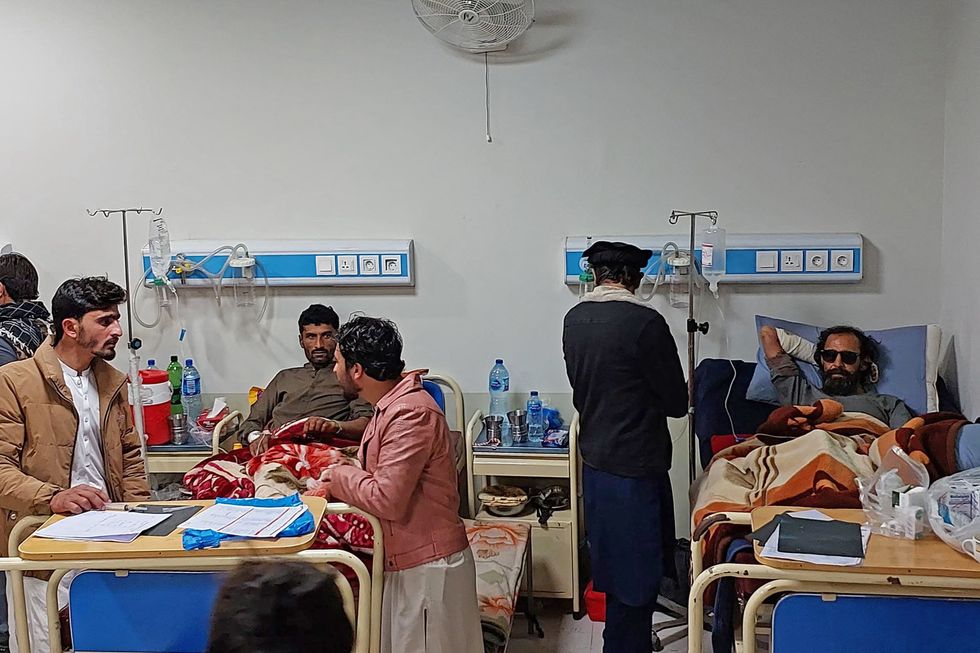
Despite the demolition of bunkers, the standoff continues with no immediate resolution in sight, leaving Parachinar's residents facing severe shortages of essential goods and limited access to emergency medical care.
Supply efforts and security ultimatum
According to the district administration, 1,984 vehicles carrying food supplies and medicines have been sent to the affected regions over the past three months. “Security arrangements have been made for the dispatch of additional supply-laden vehicles from Tall and other areas of Hangu district, which are set to depart today with essential goods for the besieged areas”, an official informed.
Izzat Gul Orakzai, head of the Grand Peace Jirga, told Nukta that all parties involved in the conflict are bound to surrender their weapons, as they have signed the peace agreement and are obligated to uphold its terms. “Dialogue with the concerned groups is ongoing, and we are hopeful that the process of disarmament will be completed within a month,” Orakzai said.
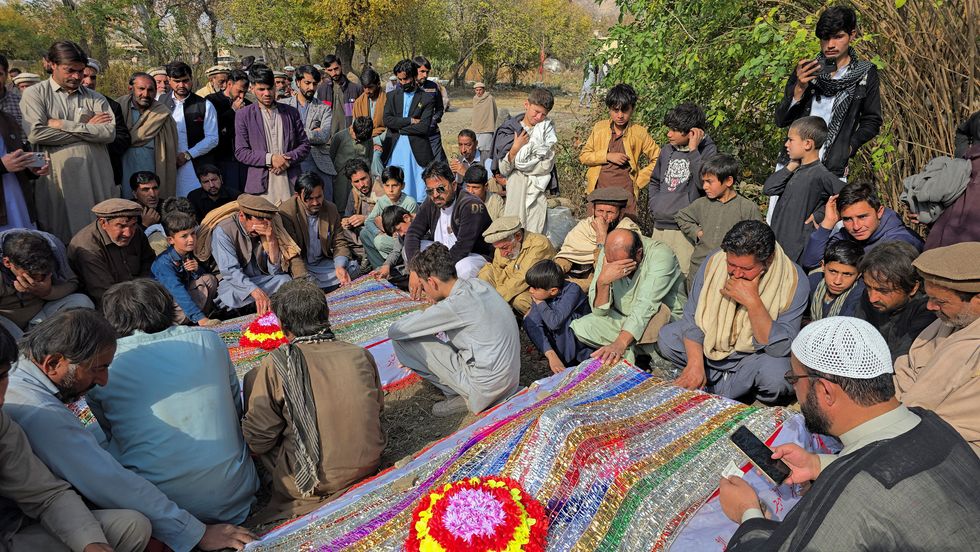
He warned that refusal to comply would only create problems for those resisting, adding that the government retains the option of launching operations — similar to those conducted in Bagan and other areas of Lower Kurram — to seize illegal arms.
Shahab Ali Shah, Chief Secretary KP, stated that a special force has been mobilized to secure the Tall-Parachinar Road and will be deployed soon. “Action will be taken against miscreants, and this time, when peace is declared, it will be lasting,” he expressed with hope.
1,405 dead, decades of sectarian tensions
Kurram, a tribal district bordering Afghanistan, has long been marred by sectarian violence. A report released by Pakistan's Interior Ministry revealed that 1,405 people have been killed in sectarian violence over the past two decades in Parachinar.
The situation escalated dramatically late last year on November 21, 2024, when an attack on a convoy travelling from Parachinar to Peshawar claimed 43 lives.
In the days that followed, retaliatory violence swept across the region, leaving over 150 people dead and more than 200 injured, effectively cutting off key roads and deepening the crisis.
By December, a humanitarian emergency had taken hold, with severe shortages of food and medicine reportedly leading to the deaths of at least 31 children. The crisis sparked protests across the country, particularly from Pakistan’s Shia community, demanding immediate government intervention.
In a bid to restore calm, the Kurram Grand Jirga signed a peace agreement in January 2025. However, violence continued to hinder aid efforts, prompting military operations in various parts of the district. On January 17, a deadly attack on a food supply convoy triggered a government crackdown in Bagan.
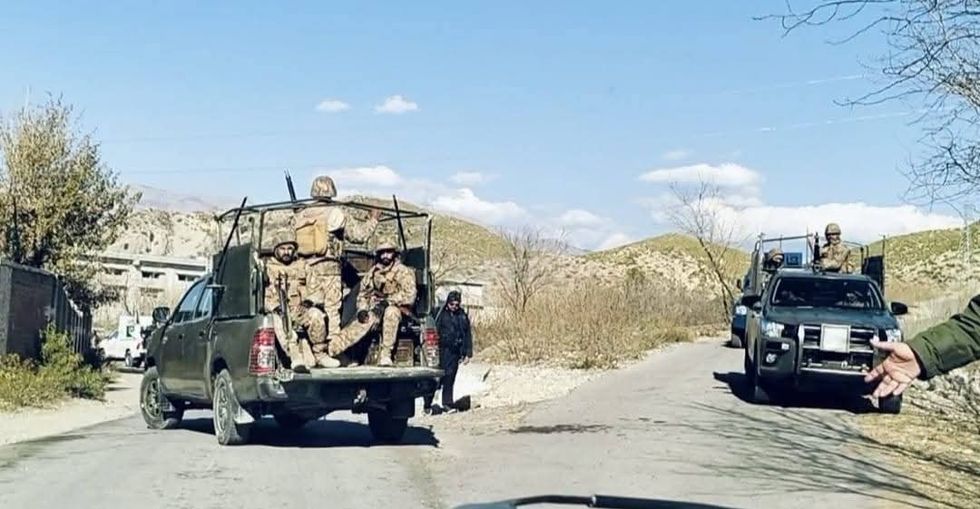
Since then, authorities have demolished private bunkers across the conflict-hit areas. Yet, with disarmament measures still incomplete and trust between communities fragile, peace in Kurram remains tenuous.







Comments
See what people are discussing